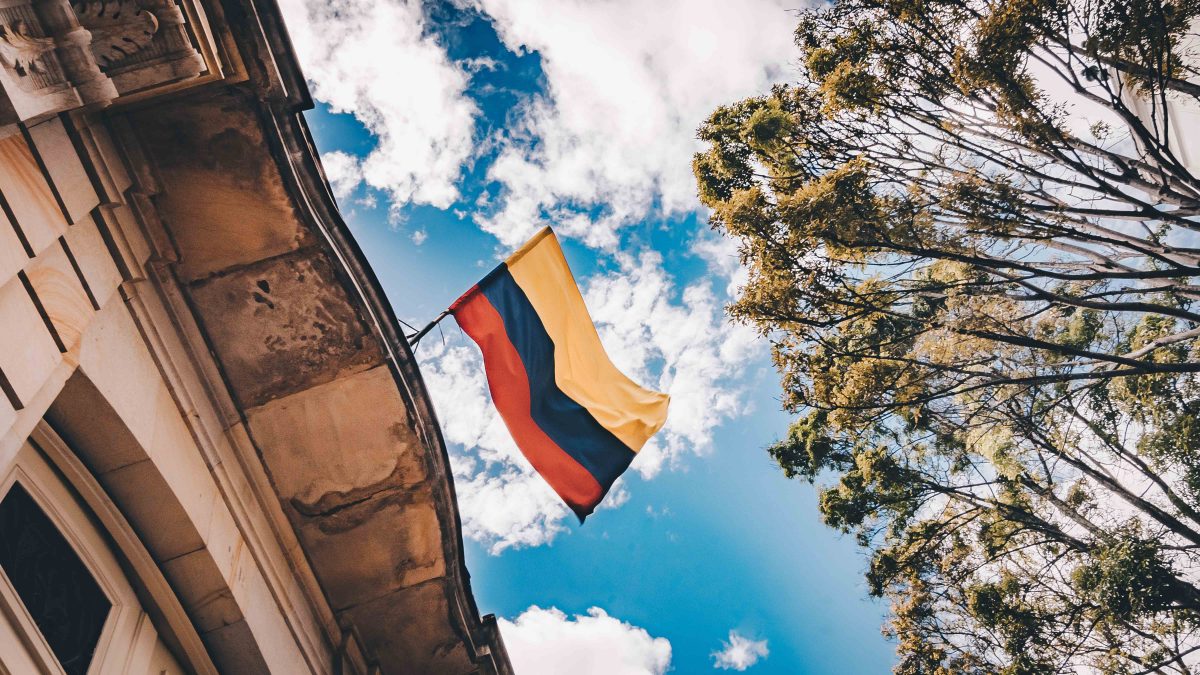
Rajkot continues to lead on ambitious Climate Action and bags the One Planet City Challenge national winner title
September 3, 2020
Urban-LEDS inspired Solution Session “Beyond Climate Emergency: Turning ambition to action” at the Mannheim2020 Conference
September 4, 2020A series of webinars was held from June to August 2020 aiming at supporting local actions for Greenhouse Gas (GHG) emission reduction and adaptation to climate change.

The absence of face-to-face negotiations and the postponement of the main international events for climate change due to the pandemic of the new coronavirus do represent an impediment to advance in local climate actions.
In the context of the Urban-LEDS II – Urban Low Emission Development Strategies project in Colombia, ICLEI South America and ICLEI Colombia held a series of webinars in different thematic.
In June, some webinars were held on the technical and financial viability of the two municipal projects of Tópaga and Envigado, which are part of the LEDS Lab initiative, which was launched in 2019 and aimed at creating capacities within local governments to develop bankable projects, focused on energy efficiency and renewable energy. In this context, the cities of Tópaga (Boyacá) and Envigado, located in the Metropolitan Area of the Aburrá Valley – AMVA (Antioquia), were selected to receive close support from a consulting team in financing and technical design of this type of project.
The objective of these webinars held in June was the co-construction of a business model under the Flourishing Business CANVAS (FBC) methodology. This process included the participation and contribution of several stakeholders and was followed by a collaborative effort on the development of energy efficiency projects in buildings in the cities of Envigado and Tópaga.
Furthermore, these webinars were developed offering i) an explanation and context about the methodology and the objectives of the two projects; b) a plenary on four thematic groups (value, people, processes and ecosystems) that enabled a dynamic, participatory and creative process to develop the business model of the two projects. The seminars ended with a discussion and feedback on the model based on the goals, which constitutes the main pillars in the construction of the business model under this methodology.
After, in July, webinars were held with Cartago and Manizales, Urban-LEDS II project cities, to provide technical support for climate risk and vulnerability assessments (CRVA) as an important step to define each municipality’s climate action plan.
The CRVA is a fundamental tool in the sustainable urban planning of a local government because it provides the necessary diagnosis to define actions to make the territory more resilient.
During these first workshops carried out by ICLEI South America, ICLEI Colombia and WayCarbon, one in Manizales and other in Cartago, the methodology that will be applied in these Colombian cities was presented. In order to promote the knowledge exchange on the challenges of the cities and the solutions applied in each territory, the process of CRVA elaboration counted with the participation of civil society of the two cities, relevant organizations for risk management and academic institutions.
The main goal of the workshops was to present to civil society, the academy and representatives of different municipal secretariats, how the CRVA will be carried out and how shared data and information can contribute to complete the study.
Following that, 11 Colombian cities (Belén, Bogotá, Cartago, Ibagué, La Unión, Madrid (Cundinamarca), Manizales, Medellín, Sogamoso and Tópaga) joined the “Climate Action Plan” online training in the months of July and August. In total, 182 people from those cities engaged in the training, which is part of the ICLEI 2020 Solutions for More Sustainable Cities, and open to all members of the ICLEI Network and signatory cities of the Global Covenant of Mayors for Climate and Energy (GCoM).
The course was carried out in partnership with the Brazilian Association of Municipalities (ABM), the National Mayors Front in Brazil (FNP) and the Alziras Institute, within the scope of the International Urban Cooperation program (IUC-LAC), funded by the European Union. The main focus was to assist governments in the elaboration of the Resilient and Low Carbon Development strategy of the territory, through the evaluation of priority programs, legislation and projects. In addition, it aimed to support the establishment of targets for GHG emission reduction so that local governments can continue to advance in their strategy to face the climate emergency.
The training, based on the experience of the Urban-LEDS Project, was offered in five thematic modules, combining informative videos, reference materials and interaction live sessions with specialists.

